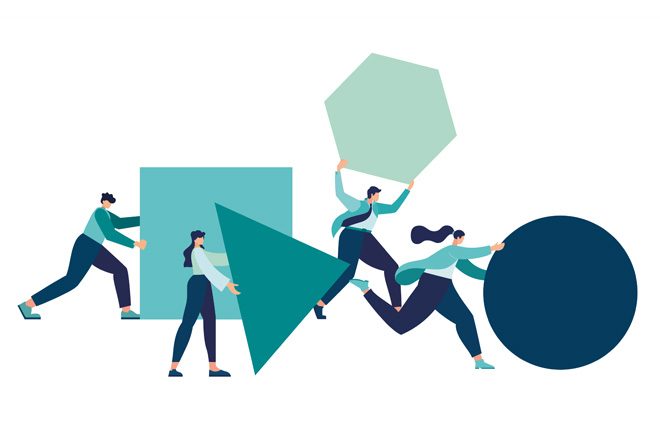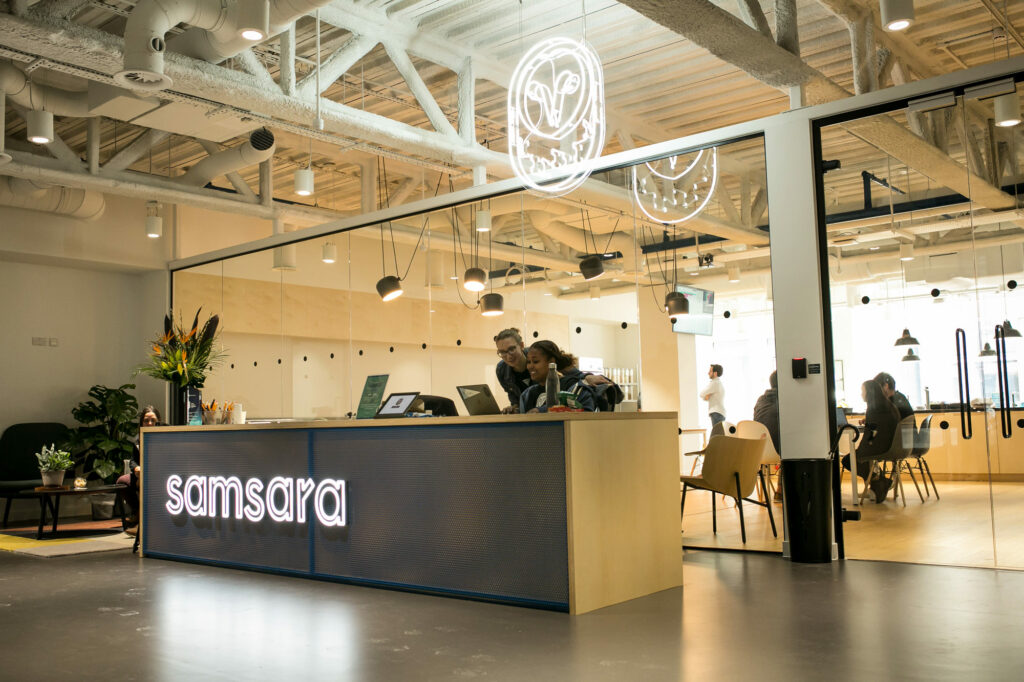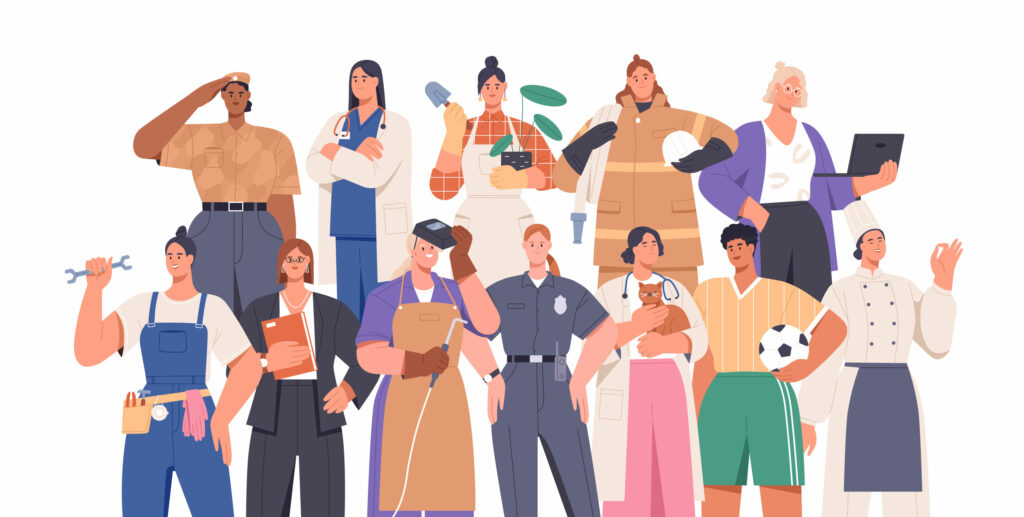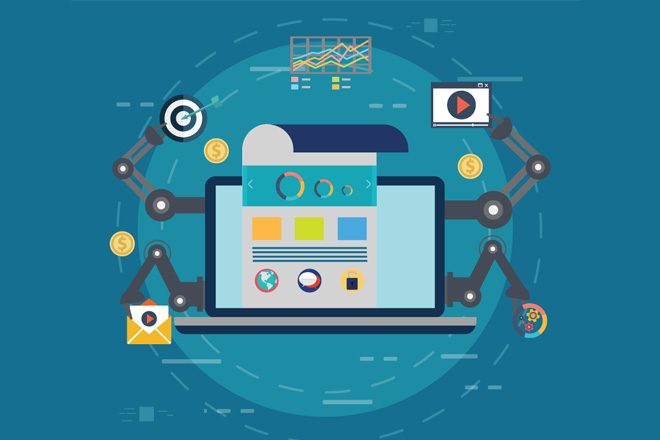Instead of a grand movement shaped by AI and automation, self-driving cars and trips to Mars – as we were expecting – the future of work has arrived because of a virus. Rushed and sometimes uncomfortable, change has been constant during the initial months of COVID-19 with long term implications for companies, employees and wider society. And change is coming at such a fast pace that by the time this article is published, some of it will be outdated. We’re all grappling with our new normal, but this is also an opportunity to rethink how we see work. We can discern why our economies were so fragile before, and understand how to ensure their strong return. We can shape the future of work on our own terms.
“The health of local economies today will affect their ability to adapt and thrive in the automation age” said a McKinsey report in 2019. They called it – we need to look at how businesses, people and economics have been affected by the crisis as a way to emerge into a new era of work.
In the early days of the crisis, the team at Gapsquare did just this – always ones for measuring the unknown, we launched a dashboard to track the impact of the crisis on workforces. We called on companies to share their experience in an open source space, allowing us all to build up knowledge, context and understanding of cross-industry experience. This has become for us and the contributors, an example of working together towards a better solution for all. Although there may be time for survival of the fittest in crisis, this is not it. We are increasingly aware of our total interdependence, and the future of business, just like the future of work, is through intelligent networks, communications and intelligent ideas. So, we want to share with you some of the results of this survey:
Now is the time to be aware of these findings in our decision making if we want a stable future for work
A universal fall in business
Instability across different business functions was reported by almost all sectors, and more than half of the businesses reported a fall in business activity (51 percent). Ultimately, local economies were not prepared. (Fig 1)
Being unprepared matters
This affects how business leaders make decisions. Our dashboard showed that employers were more likely to furlough and have compulsory annual leave when they felt unprepared. (Fig 2)
Our findings are reinforced by the fact that 17 million Americans filed for unemployment benefits in the first four weeks of COVID-19. In the UK 1.2 million registered for Universal Credit in the same period, 27 percent of the workforce had been furloughed across 6,150 businesses and many more companies have announced their intention to make thousands of roles redundant in the next few months. The changes happened with no regard to how many of the jobs have been automated or are possible without human interaction. Construction workers, managers, educators, gardeners and hospitality workers have been wiped out of the employment market in weeks. Some roles have moved online, others have been replaced by apps.
Unfair systems glow in the dark
These changes to business are disproportionately affecting minority groups. We’ve seen that most key workers are women, that the occupations and roles at risk of displacement are held mostly by BAME people and women. Reports from McKinsey have been telling us for years about the benefits of diversity for business, but we see now how easily our efforts can be undone. In crisis, the unequal representation of male/female carers or number of BAME employees in vulnerable roles is impossible to ignore and gives us a tangible representation of how far we have to go. Now is the time to be aware of these findings in our decision making if we want a stable future for work. If you lose your diverse workforce now because you make blanket decisions about which roles, departments and pay brackets have to go; you might find you’ve whitewashed your workplace.
So, it’s clear that what we were doing before wasn’t working. Now, we need to focus on turning this around, and building a more resilient economy that delivers for all employees and all types of people. Are we going to watch workers be displaced, deprived of income or purpose, or will we take a leading role in creating change that leads to a fair workplace for all?
It is essential to rethink how we view work, and who is doing that work. We have an opportunity to skill and reskill our employees, we have an opportunity to evolve beyond what we were before.




